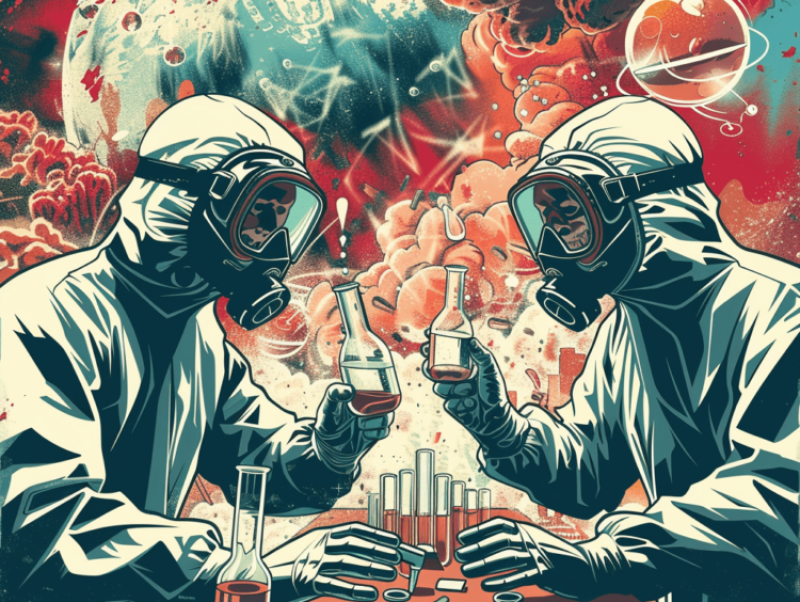The notion of consensus-as-truth has been operationalized in various forms: journalistic “fact checkers,” academic “misinformation” researchers, and content moderation on social media platforms. The practical effect is the creation of self-appointed arbiters of truth — journalists, academics, social media platforms, and even governments — who render judgments on acceptable and unacceptable speech according to conformance with an acceptable view.
The notion that scientists should agree with a consensus is contrary to how science advances — scientists challenge each other, ask difficult questions and explore paths untaken. Expectations of conformance to a consensus undercuts scientific inquiry. It also lends itself to the weaponization of consensus to delegitimize or deplatform inconvenient views, particularly in highly politicized settings.
…
A recent study of scientific censorship by scientists by Clark et al. 2023 finds that pressures by scientists on their peers to conform to a consensus are fairly common within the scientific community:
Confirmation bias and other forms of motivated cognition can fuel a self-reinforcing dynamic in which censorship and self-censorship discourage empirical challenges to prevailing conclusions, encouraging a false consensus that further discourages dissent.































